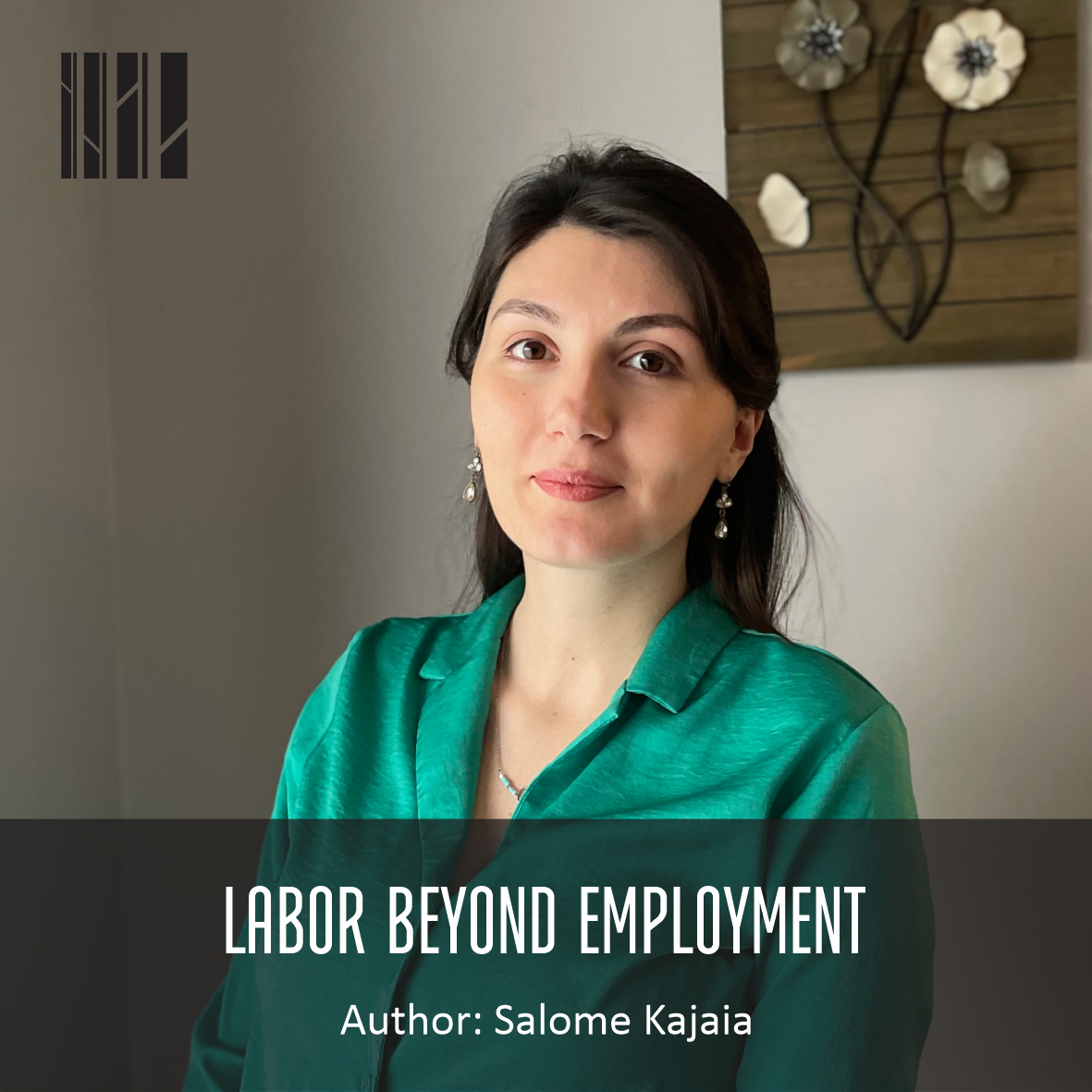საერთო ცხელი ხაზი +995 577 07 05 63


For any country, a qualitative, as well as quantitative, statistical description and analysis of the local structure of the labor market, is an incumbent premise for defining general labor policies. In order for countries to be able to characterise the structure of the labor market, international organizations, primarily the International Labor Organization, have been developing and proposing variables for classifying workers and forms of labor in general over the years. These classifiers are also pertinent for ensuring synergy between countries, and they are shared internationally, with some modifications taking into account local contexts.
In addition, the classification of forms of labor is germane at the legislative level to determine the scope of labor legislation and the actors of labor relations.
Different countries employ different models for classifying employment and forms of labor, although for the most part the classification is based on international variables. Georgia is no exception and the Georgian National Statistics Office relies on the recommendations of the International Labor Organization.
In the classification of forms of employment we find three main dimensions, these are:
Each of these concepts has defined variables according to which this or that form of employment falls into a particular category, although some labor practices are difficult to describe with standard classification variables or barely fall within the classification threshold. This difficulty is primarily due to the fact that sometimes it is formidable not only to determine the specific type of employment but also to ascertain whether the matter concerns employment as such - whether it constitutes an employment relationship between the employer and the employee. There are groups of workers who are not employed, and as they do not qualify as self-employed, they fall in the category of the so-called "gray area" between hired employment and self-employment, their forms of labor may be different and in some cases take the form of entrepreneurial or other types of relationships. At the same time, it can belong to both formal and informal sectors, and in some cases, it can look like both standard employment and non-standard forms of employment.
In developing countries, such as Georgia, small businesses are particularly inclined to avoid entering into labor relations and assuming employer obligations and responsibilities. As a result, different types of formal or informal relationships are formed in a number of economic sectors. In such cases, we often face non-standard forms of labor, disguised employment / dependent self-employment. Typically, in cases where the employer tries to avoid hiring, there is a disproportionate balance of power between the parties, and as a result, we encounter more vulnerable, unstable forms of employment, a labor force without a labor code and social guarantees. The forms and structure of labor in this system are sporadic and varied, making it difficult to describe them using standard labor relations parameters and classifiers. Often in one enterprise, we encounter labor relations of different types and forms at the same time or entrepreneurial relations similar to labor relations.
Below are some examples of labor practices common in Georgia, the description of which makes it difficult to speak unequivocally whether there is an employment relationship in a particular case (relationship between employer and employee) and if so, what form of employment we are dealing with.
The full article can be found in the attached document
An article was prepared in the framework of the Project – "Improving the rights of employees in the formal and informal sectors". The Project is funded by the Open Society Georgia Foundation (OSGF)
The opinions expressed in the article are the sole responsibility of the author and may not express the position of the Open Society Georgia Foundation (OSGF)
The website accessibility instruction